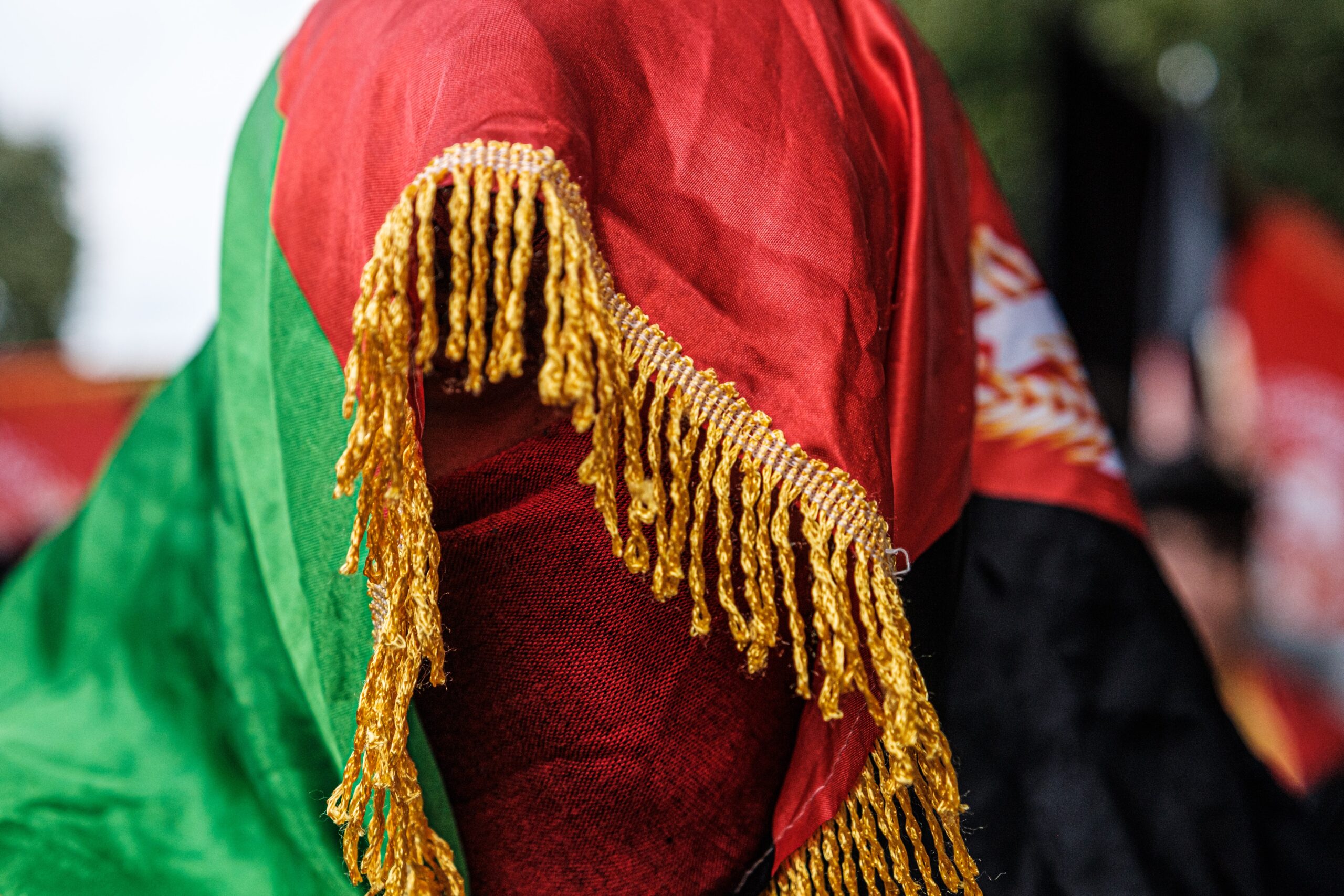Introduction
It has almost been a month since India celebrated its 75th Independence Day and its neighbour, Afghanistan was captured and held hostage by the Taliban on the same day. While one country rejoiced at the marked date on the calendar and remembered the martyrs of freedom struggle, another dwelled into a new epiphany for the future, whilst their independence took the last breath. Nonetheless, Afghanistan is now under the Taliban’s control. It is however a sorry state of affairs in the country, where people are running from poles to post in search of peace, stability and pacification.
The situation in Afghanistan is grim. Despite pouring billions of dollars in strengthening and instating the respective forces of NATO and the USA, the Taliban outdid the first-world countries and seized the territory within a week. The offensive stance dawned by the Taliban which resulted in the fall of Kabul, further added fuel to the flames as the siege happened immediately after the announcement regarding the withdrawal of American troops made by Joe Biden.
AFGHANISTAN AFTER TALIBAN TAKEOVER
The hostile takeover has shaken down the Afghans and the rest of the world. Sympathizing prayers and consolation messages have been pouring out on the internet, hoping for a better tomorrow. However, the present is tense and hurt, disappointed and disheartened. The citizens of Afghanistan are in a state of chaos as they can not seem to even think of enduring the horrors of Islamic fundamentalism in 1996-2001 again. The world has already witnessed extremely depressing visuals from the Kabul Airport in this contest. Many were seen to be clinging and holding onto the US military aeroplanes as they cruised on the runway. The incessantly horrific video of people falling through the air, as they failed to get a spot in the aircraft, certainly mourned the death of humanity. While some took the plunge in the air, many of them took the streets and filled them with their bold and fearless voices of dissent and protest. The women, especially, who are seen to be the most affected by the majoritarian ideology, have taken the streets with all kinds of placards, signs and symbols refuting and defying the Taliban’s ideology and have demanded equal rights for the least. These instances are a testament to the fact that people are willing to risk their lives than to succumb at the behest of barbaric fundamentalism and majoritarianism.
TALIBAN GOVERNMENT
Amidst all the hues and cries, a new government was formed on 7th September appointing Mullah Mohammad Hasan Akhund as the acting Prime Minister. The top religious leader, Mullah Haibatullah Akhundzada was announced as Afghanistan’s supreme authority who further proposed the candidate for prime minister and its cabinet. Mullah Akhundzada is supposedly the supreme authority in Afghanistan’s government, even though he is not actively involved in the functioning of the government.
It is, however, of no surprise that Afghanistan’s new government is an all-male representation. The all-male cabinet does not shy away from delivering the sentiment of the new government. The rigid and restrictive regulations wrapped in the cloak of Sharia law, aim to oppress and exploit women and treat them as objects of servitude, subjugation and obedience. The initial changes in the working paradigm in public spaces such as colleges and schools reflect the fundamentalist philosophy. The female students are now expected to follow a certain dress code which naturally follows that they should be clothed to the extreme. Furthermore, the classes must be segregated from the male students and also entrance and exit routes of the two genders must be separate. The Taliban’s education minister Abdul Baqi Haqqani, along with the aforementioned changes, has also decided to revise the educational curriculum which lines with Islamic reasonableness and teachings. The new government, in its virtue of women’s oppression, has even replaced the Women Affair’s Ministry with the Ministry of Vice and Virtue, the need and heed of which, is yet to be unravelled.
While the women of Afghanistan find themselves in challenging and testing times, several other sectors which rest on the basic fundamentals of freedom and independence have also faced the wrath of the Taliban. The increased constraints against news media and journalists have alarmed the whole world, as the directives vow to suppress the voices of the oppressed. Qari Mohammad Yousuf Ahmadi, the interim director of the Government Media and Information Center has laid down 11 rules or commandments with respect to journalism and news media. The directives broadly curtail the rights of media to publish any content which critiques Islam or the acting government. It also envisages that any content which is critical of a national personality must not be published and has advised the leading media houses to produce news reports “in coordination” with the government media office.
It would be an understatement to say that the acting Taliban government is on a human-rights violation spree. Curtailment of freedom of thought, speech, and expression does not coincide with the fundamentals of Islam. It rather reflects the totalitarian and majoritarian forms of governance, which the human civilization has witnessed in Nazi Germany, France before 1789 and whatnot. Religion and its adherence to life have always been a personal choice, and to impose the same through the butt-end of a gun is nothing but initiation of human catastrophe.

